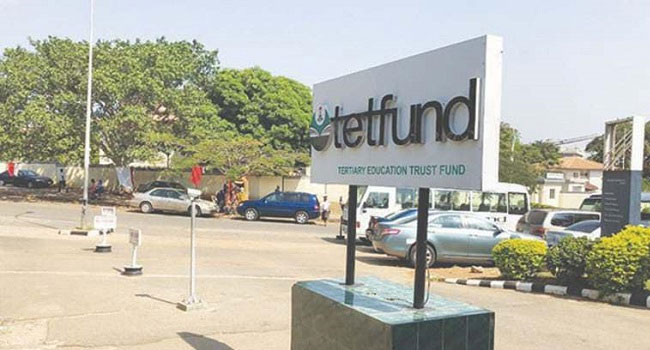The Federal Ministry of Education has announced a 12.7% reduction in allowances for Nigerian students studying abroad under the Bilateral Educational Agreement (BEA) Scholarship program.
Citing economic challenges, the ministry stated that the reduction will affect students in countries such as Russia, Morocco, Algeria, China, and Hungary.
The PUNCH reported that the ministry attributed this decision to the ongoing economic crisis. The BEA scholarship, which is managed by the Federal Scholarship Board under the Federal Ministry of Education, aims to facilitate educational exchange between Nigeria and its partner countries.
The decision to reduce the scholars’ allowances was outlined in a memo signed by Ndajiwo H.A., Director of the Federal Scholarship Board, on behalf of the Minister of Education, Prof. Tahir Mamman.
“After due consultations, the Federal Scholarship Board has come up with adjustments in line with budgetary provisions in the payment of BEA scholar’s supplementation allowances for the 2024 academic year,” the memo, dated July 23, 2024, and addressed to the scholars’ association, read.
According to the memo, the monthly allowances were slashed from $500 to $220; the graduation allowance from $2500 to $2000; and the PG research allowance was slashed from $1,000 to $500, among others.
The total for the payments initially paid was $5,650 per student but will now be $4,370.
“The Scholars’ Association is hereby notified that due to the prevailing economic situation, the payment mandate for the BEA scholars’ allowances will be as per the new adjustment.
“The balances for the years 2023 and 2024 owed to scholars will be paid as soon as the funds are made available,” the ministry said.
Recently, the President of the Union of Nigerian Students under the Federal Government-controlled Bilateral Educational Agreement Scholarship, Ayuba Anas, said the scholars had not been paid for close to eight months.
Anas said, “For the past six to eight months, scholars enrolled in various institutions abroad have endured financial strain due to the delay in receiving their stipends.
“In addition, from the last payments we received (March-August), there was a shortfall of practically two and a half months’ payment. Moreover, some students in China have not received any stipends since they arrived in April and May 2023.“



